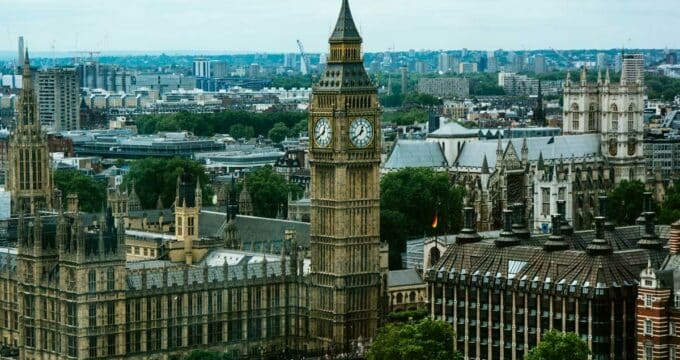210 foreign universities’ diplomas recognised in Russia
Diplomas from 210 foreign universities from 25 countries will now be acknowledged in Russia without an additional state evaluation, according to a government order published by the Russian government's daily newspaper, the Rossiiskaya Gazeta, and The Moscow Times. The selected universities have been featured on such lists as the Academic Ranking of World Universities, the QS World University Rankings and the Times Higher Education World University Rankings. Most of the selected schools are in North America: 66 American and 14 Canadian. In Europe, there are 28 in Britain and 61 in other European countries (13 German, 10 Dutch, seven Swedish, six Swiss, five French, five Belgian, three Italian, three Danish, three Norwegian, two Spanish, two Austrian, one Irish and one Finnish). Asia includes 11 Chinese, nine Japanese, three South Korean and two in Singapore. The other universities on the list include eight in Australia, three in Israel, two in Brazil, two in New Zealand and one in South Africa. Apart from this new list, the state recognises university diplomas from fellow former Soviet republics excluding Uzbekistan, and vice versa, as reported Rossiiskaya Gazeta. A four-month bureaucratic procedure still lies ahead of graduates from other foreign universities who want to have their diplomas officially recognised in Russia. The heap of required documents includes a notarised Russian translation of the diploma and a copy of the university's license. Applications for diploma recognition must go to the “Glavexpertcentre” Federal Service – the subordinate institution of the Federal Service for Supervision in Education and Science. In 2003, Russia signed on to the Bologna Process, which was launched in 1999 to create a unified system of higher education in Europe. But many Russian graduates who aim to work abroad still must have their diplomas certified. "This significantly limits the opportunities for scientific and academic mobility by graduates from Russian schools," Moscow State Institute of International Relations vice dean Alexandra Khudaikulova told Rossiiskaya Gazeta. Signed by Prime Minister Dmitry Medvedev, the new order fulfills a pledge the politician made in his state-of-the-nation address in 2009. Then-President Medvedev said foreign diplomas should be recognised in Russia to lure foreign researchers and entice Russian expatriates to return from abroad. The order coincides with state plans to pay $165 million for talented Russian graduates' tuition abroad on several conditions (i.e., that they return to Russia to work for at least three years after graduation).
Medvedev asserted: “The inflow of foreign professionals to Russia is needed in order to gain experience and to create ground for creativity of domestic scientists. Therefore we are ready for unilateral automatic recognition of diplomas and degrees obtained in the world's leading universities. Russia should become an attractive place for the world's best minds.”
Sources: The Moscow Times, Rossiiskaya Gazeta
















